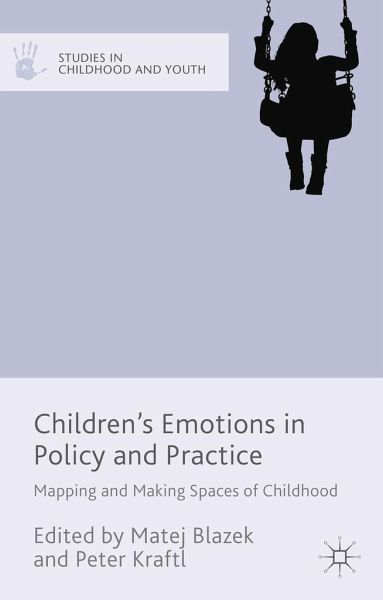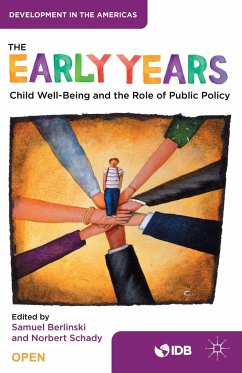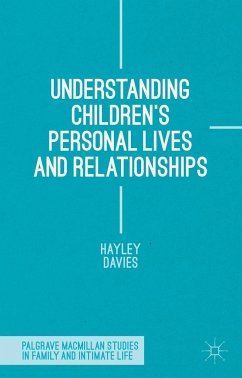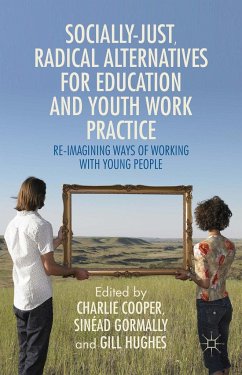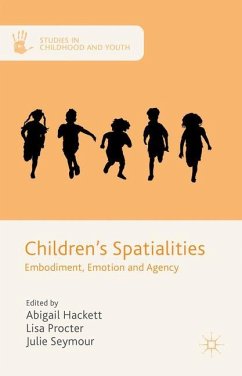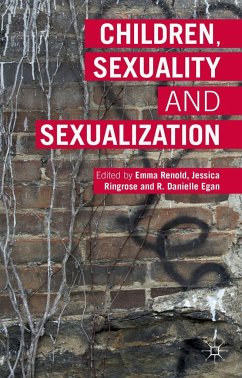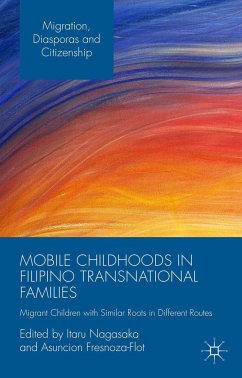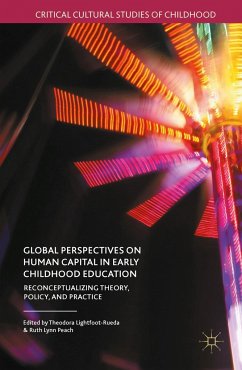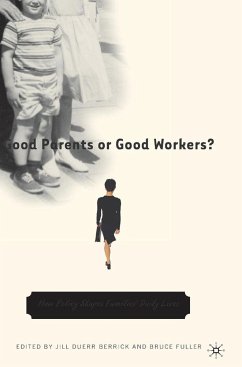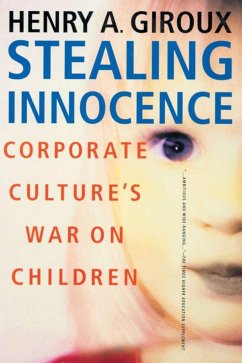Harriot Beazley, University of the Sunshine Coast, Australia Daryl van Blerk, Aspire Psychological Service, UK Lorraine van Blerk, University of Dundee, UK Fernando J. Bosco, San Diego State University, USA Sophie Bowlby, University of Reading, UK Damian Collins, University of Alberta, Canada Luke Dickens, Open University, UK Tom Disney, University of Birmingham, UK Louise Holt, Loughborough University, UK Kathrin Hörschelmann, Leibniz-Institute for Regional Geography Leipzig, Germany Petra Hricová, Civic Association Ulita, Slovakia Pascale Joassart-Marcelli, San Diego State University, USA Ruth Judge, University College London, UK Jennifer Lea, University of Exeter, UK Douglas Lonie, BOP Consulting, UK Anoop Nayak, Newcastle University, UK Morgan Tymko, University of Alberta, Canada Tamasine Preece, Swansea University, UK Lisa Procter, University of Sheffield, UK Noora Pyyry, University of Helsinki, Finland Sarah Wilson, University of Stirling, UK Bronwyn E Wood, Victoria University of Wellington, New Zealand
